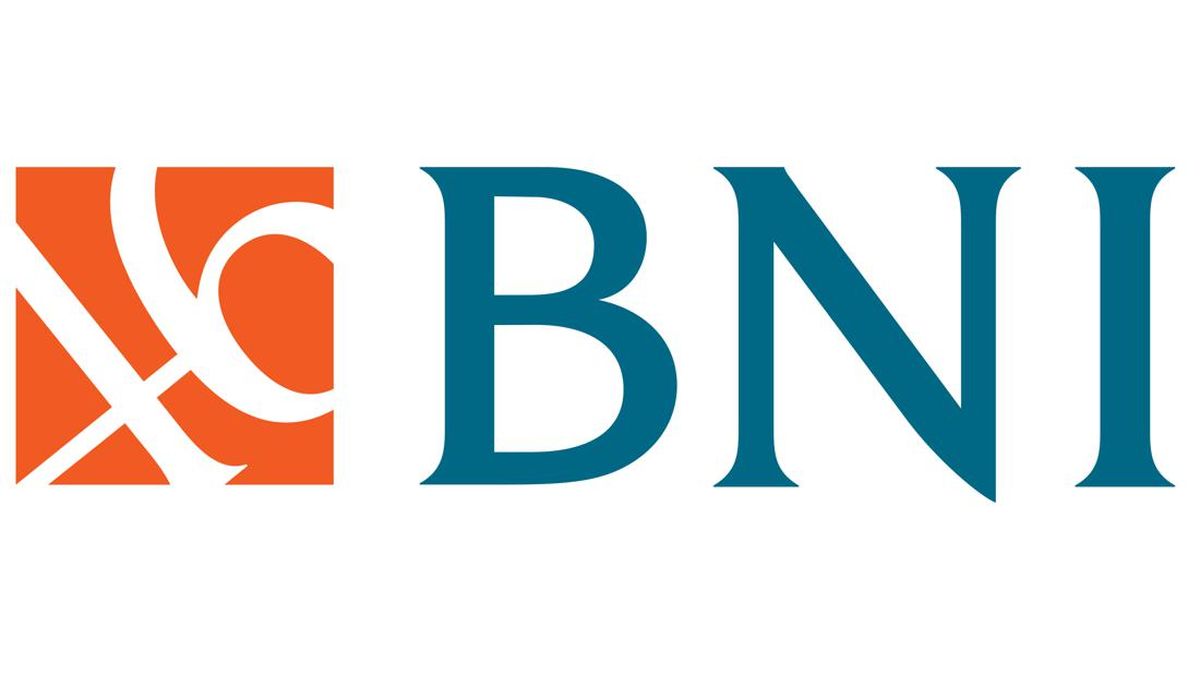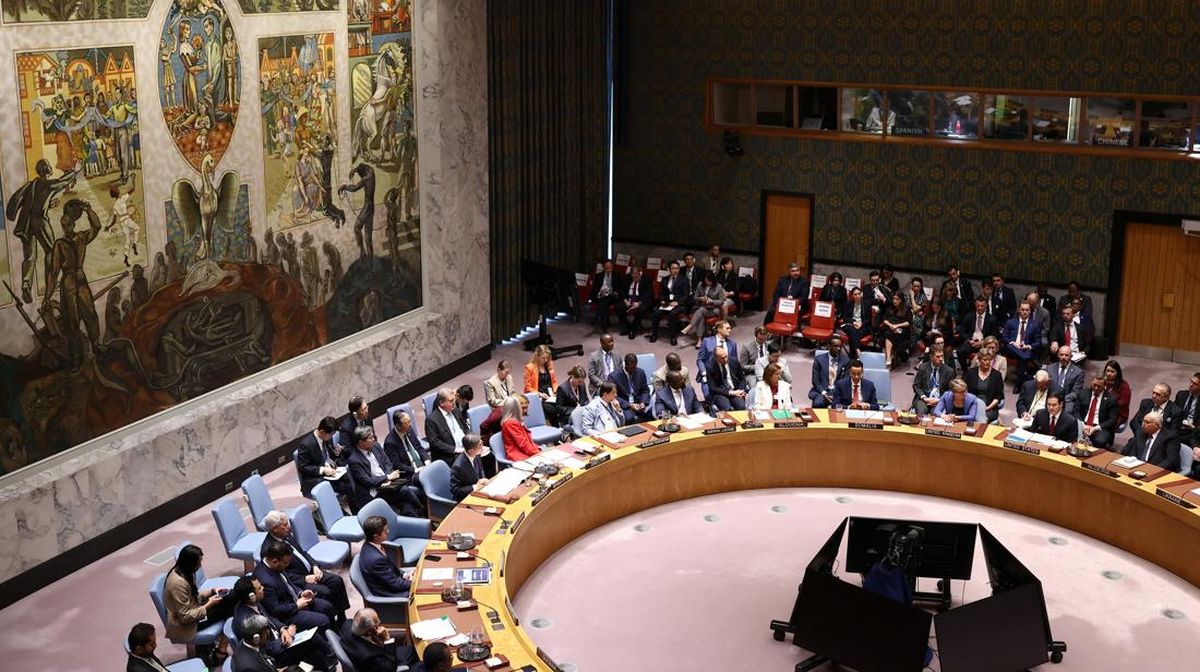This week’s reviews range from period noir and literary comfort food to a photogrpahic glimpse into Marvellous Melbourne and what goes on between British PMs and monarchs behind closed palace doors.
FICTION PICK OF THE WEEK

The Italian Secret
Tara Moss
Harper Collins, $34.99
Former model turned crime writer Tara Moss returns with the third of her Billie Walker novels. The heroine of this period detective series has glamour and gumption. Billie is a former war correspondent who, unable to find work upon decamping to Sydney after WWII, reopened her father’s private detective agency. In The Italian Secret, a case close to home leads Billie far away from it. Among her father’s old files, Billie finds a box that upends her sense of him, unearthing family secrets that set her on a trail back to Europe. Aboard a luxury liner, Billie heads to Naples, which bore the brunt of chaos and violent reprisal when the Nazis retreated from Italy in the final phase of the war. Two women hold the key to the mystery, but her father made a dangerous enemy who may yet be shadowing her every move … Moss writes superior genre fiction. If you devoured all of Kerry Greenwood’s Phryne Fisher murder mysteries, you’ll probably have fun following Moss’ gutsy and likeable female detective through noir-like plots and an immersive historical setting.
Seed
Bri Lee
Summit Books, $34.99

Icebound seedbanks intended to preserve biodiversity from humanity’s destructiveness? From Maja Lunde’s The Dream of a Tree to Charlotte McConaghy’s Wild Dark Shore, they have become the dystopian trope du jour. Bri Lee’s second novel focuses on such an installation: The Antarctos Project is a seedbank being built in a secret location in Antarctica. For one month a year, our narrator, Mitch – a biologist and committed anti-natalist – lives with colleague Frances in a kind of utopian scientific commune. But a routine mission spirals into paranoia as small but unusual anomalies begin to accumulate. An unexplained failure of radio communication. An uncatalogued crate. A cat that’s not supposed to be there. Is the secret location not-so-secret after all? Or is it all in their minds? Lee came to attention with the striking #MeToo memoir Eggshell Skull, and Seed contains the sharp realisation of a deluded male voice. A brilliant scientist who thinks himself a man of principle, Mitch isn’t immune to the murk of the irrational – including misogyny. A terrifically tense eco-thriller, with a slight misstep at the end.
Swallows
Natsuo Kirino
Canongate, $34.99

Part dramedy, part social satire, Swallows follows the fortunes of Riki, a lowly member of the precariat who’s exchanged a dull life in provincial Hokkaido for temp work in Tokyo. She can barely afford rent and eats boiled eggs almost every day. Although surrogacy is illegal in Japan, one company has found a loophole, and Riki gladly accepts a significant sum from them, hoping to make ends meet. Meanwhile, a well-off childless couple – ballet star Motoi Kusaoke and his wife, Yuko – are desperate to conceive … What follows is a burlesque on class, gender, the cost of living and the commodification of infertility that takes in a colourful cast of characters. From a sex-worker turned therapist to Riki’s asexual best friend, everyone seems keen to give their two cents’ on Riki’s choices. But how freely made are those choices, really? Kirino is an astute, socially engaged writer who brings a bright eye for the absurdities of contemporary life and a dark edge to the shadow-lines beneath them.
Dinner at the Night Library
Hika Kirada
Scribner, $29.99

Another novel from Japan, this one similar in tone and ambition to the bestseller Before the Coffee Gets Cold. Dinner at the Night Library serves up vignettes at a mystical institution that brings the living into contact with the dead. The library hosts only the books of deceased authors – the ones they wrote and the ones they read in life – and it has peculiar features, including a canteen serving dishes from literary classics. Life within the library emerges through the eyes of the newest staff member, Otoha Higuchi. Yet most of the incident comes in the form of visitors, who each have their own motives, from the surviving member of an intense literary rivalry to a relative of a recently deceased author petitioning the library to add the dearly departed to their collection. What Hika Kirada serves up may not be terribly original – the influence of Before the Coffee Gets Cold looms too large – but if you like the consolations of philosophy wrapped in quirky quietude, this bit of literary comfort food might be for you.
The Long Shoe
Bob Mortimer
Gallery Books, $34.99

British comedian Bob Mortimer welds cosy crime caper to romcom in his third novel. Matt is adrift and in the doldrums. He’s been sacked as a bathroom salesman, is facing eviction from his rental, and his girlfriend Harriet has ghosted him … or has she? When a real estate agent offers Matt a job, complete with the fringe benefit of a luxury apartment in Satsuma Heights, it seems like a sudden reversal of fortune that might just lure Harriet back. At first, Matt is too wrapped up in the awfulness he feels at being alone to realise that Harriet might not have ghosted him after all. As the plot thickens, it becomes clear that nothing is as it appears, and that a stroke of luck is, in fact, a sinister conspiracy – one that requires action rather than mooching about. Mortimer gets the poignancy gun out in this offbeat crime novel, which involves a drastic event that causes both Matt and Harriet to reassess their relationship and what they want from each other.
NON-FICTION PICK OF THE WEEK

Shutter City
Robyn Annear
Melbourne University Press, $49.99
The birth of Melbourne more or less coincided with the birth of photography, and the title of Robyn Annear’s intriguing, haunting photographic portrait of the burgeoning city between 1856-1876 is particularly apt: “shutter” also referring to the wooden shop shutters that went up overnight, and which can tell you the time of day a street shot was taken. Whether it be the shots of the GPO under construction or the old fish market, you’re looking at a city with the swagger of gold rush money in the throes of inventing itself. But, often as not, it’s the background details that grab you; shadowy, semi-transparent figures lingering in doorways, peeling street posters advertising a forthcoming production of Hamlet or quaint alleyway signs instructing Melburnians to “Commit no Nuisance” (no urinating). An anthology of the works of celebrity photographers, this collection – expertly annotated by Annear – captures a city on the cusp of becoming the fabled Marvellous Melbourne.
Power and the Palace
Valentine Low
Headline, $34.99

There’s a distinct touch of the beat-up to this study of what goes on behind closed doors at the weekly meetings between the British PM and the Palace – but it’s also an intriguing glimpse of how things work. Low starts with Victoria and Lord Melbourne – for whom the young queen had a father fixation, if not more. Their meetings would sometimes go for hours, including horse riding and dinner. Most were more formal and varied in mood. George VI and Churchill had a close relationship, Low noting that the king was fully cognisant of top-secret D-Day landing plans and even helped to deceive the Germans about where the landings would take place. In contrast, meetings between Elizabeth II and Thatcher were frosty affairs, Low speculating on their political differences – the queen reputedly stated in private that Thatcher’s tactics (especially in the miners’ strike) were socially divisive and dangerous. And though it’s assumed that the monarchy will stay out of politics, often as not the line is blurred. You never really feel like a fly on the wall, but Low spoke to nearly 100 politicians and insiders, and the result is a thoroughly informed read.
Fly Boy
Peter Hodge
Big Sky Publishing, $34.99

On January 13, 1942, Mrs Ellen Hodge received the telegram that all parents of servicemen dreaded: her son, Flight Lieutenant Parker “Joe” Hodge, was MIA, presumed dead. Peter Hodge’s study of his great uncle’s 28 years is a family history as well as something of a keyhole onto the Australian experience of the first half of the 20th century. The youngest of a large family (14 children!) Joe’s story runs from Beechworth, Victoria, to the relatively new Melbourne suburb of Essendon in the 1920s, achieving his dream of joining the fledgling RAAF in 1935, before moving on to action in the Pacific during WWII. While Joe is the central figure, Hodge also contextualises the tale, moving from the particular, such as extended family attendance at Windy Hill, to the general – the woeful inadequacy of the RAAF at the start of the war, exchanges between PM Curtin and world leaders as well as Europe and the lead-up to war. There can be a bit too much detail, but this is an inevitably sad though, in some ways, timely tale.
The Devil Takes Bitcoin
Jake Adelstein
Scribe, $35

Welcome to the surreal but all-too-real world of Bitcoin, the high risk cryptocurrency that, among other things, enables the online purchase of just about anything, without, supposedly, leaving a trace. US journalist Jake Adelstein, a specialist in Japanese crime and the short, volatile history of the currency (and its connection to the Japanese underworld), takes us on a hair-raising ride through the tumultuous, rise, fall, rise … of Bitcoin and its spin-offs, that really is like entering something from Lewis Carroll and disappearing down a dark rabbit hole full of shady, dark, dangerous characters. But, for all this, Bitcoin – created by the enigmatic Satoshi Nakamoto to bypass government regulations – has gone mainstream, loved by libertarians and courted by Putin, Trump and the like, with Trump pardoning one key convicted figure and Putin arranging the exchange of another. It’s not only the devil who takes Bitcoin.
How to Love Better
Yung Pueblo
Rider, $36.99

Early on in this self-help guide to loving “better” (and the assumption is that, like the underachieving school student, we can do “better”), Yung Pueblo (not his real name) earnestly tells us that “Love is not just comfort, it is also growth”. It’s a worthy enough sentiment, but like most blanket statements here, it’s also fairly platitudinous. In a laid-back, meditative style that might once have been called “New Age” (incorporating lessons of his own experiences), he discourses on the problems that can beset relationships, the need for selflessness (but not too much), not seeking to control loved ones, while listing the signs that a relationship is over, and that some loves are “chapters” in the book of our lives, not the whole story. But at the centre of things is the need for self-awareness, which helps us not to pass on the baggage of the past, to take responsibility for our actions as well as giving us insight into other people. There is common-sense advice in the book, but it’s also got a fair share of vague clichés, and some pretty forgettable poetry.
The Booklist is a weekly newsletter for book lovers from Jason Steger. Get it delivered every Friday.


















































